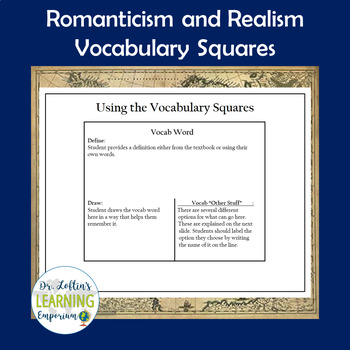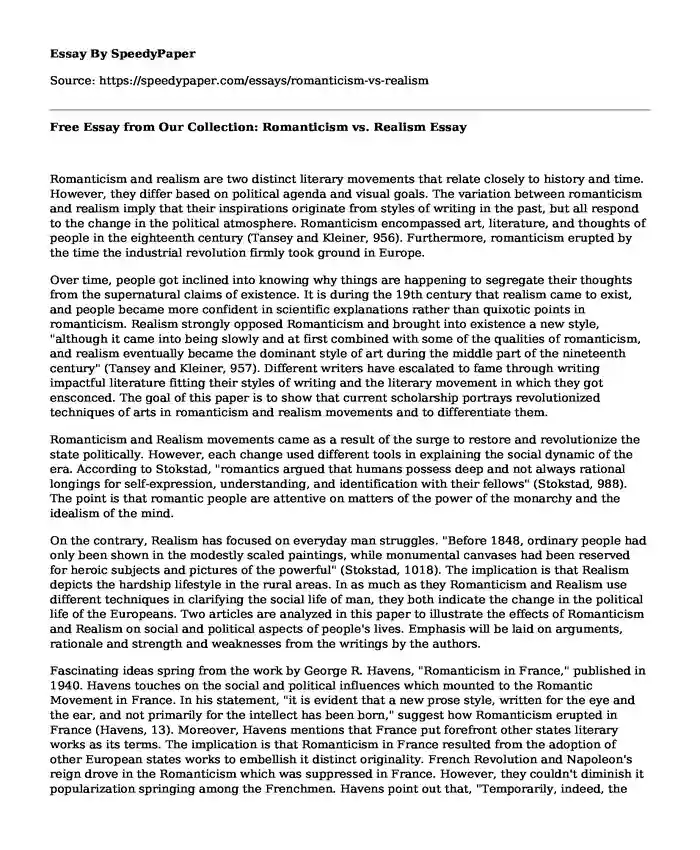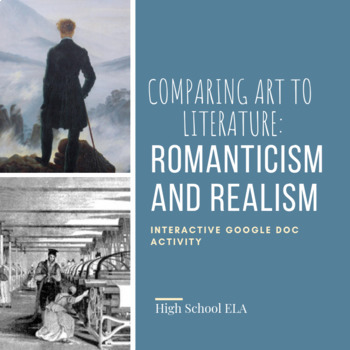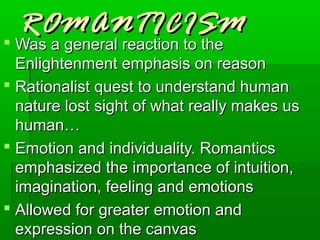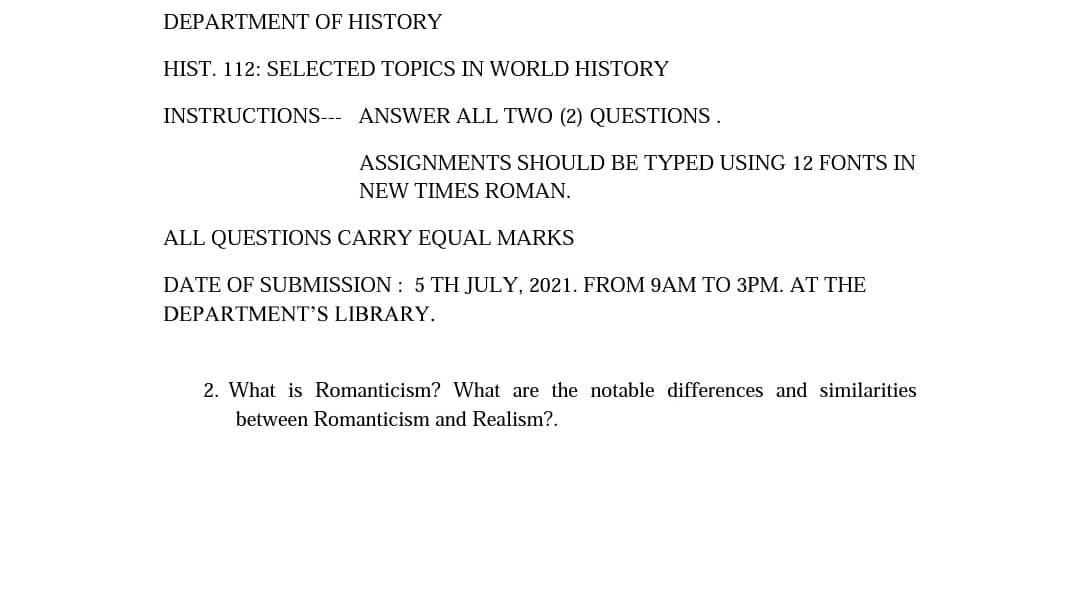Romanticism and realism are two distinct artistic and literary movements that emerged in the late 18th and 19th centuries, respectively. While they share some similarities, they also have many differences that set them apart.
Romanticism, which originated in Europe in the late 18th century, was a reaction against the Enlightenment and the Industrial Revolution. Romantic artists and writers celebrated emotion, imagination, and the power of nature, and often depicted themes of love, loss, and the sublime. They rejected the rationalism and order of the Enlightenment and instead focused on individualism, creativity, and the irrational.
Realism, on the other hand, emerged in the mid-19th century as a reaction against romanticism. Realist artists and writers sought to depict the world as it really was, rather than idealizing or romanticizing it. They focused on the everyday lives of ordinary people and sought to depict the world in a more objective, unembellished manner. Realists rejected the emotional excesses of romanticism and instead emphasized the importance of scientific observation and accuracy in their work.
One key difference between romanticism and realism is their treatment of emotion. Romantic writers and artists often emphasized emotion, often depicting intense and heightened feelings such as love, loss, and the sublime. Realists, on the other hand, sought to depict emotion in a more subdued and realistic manner, and often focused on the ordinary rather than the extraordinary.
Another difference is their treatment of nature. Romantic writers and artists often depicted nature as a powerful, almost mystical force, and often used it as a symbol for the vast and unknowable mysteries of the universe. Realists, on the other hand, sought to depict nature in a more realistic and scientific manner, often portraying it as a force to be studied and understood rather than worshipped.
Overall, while romanticism and realism share some similarities, they are fundamentally different artistic and literary movements. Romanticism celebrates emotion, imagination, and the power of nature, while realism emphasizes objectivity, accuracy, and the everyday lives of ordinary people.


